Witold Janiak - Noesis (2019)
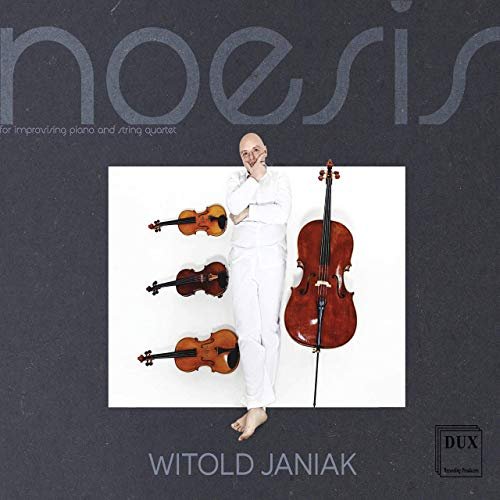
Artist: Dominika Sznajder, Jakub Lemanski, Monika Swiniarska, Paulina Kolodziejczyk and Witold Janiak
Title: Noesis
Year Of Release: 2019
Label: DUX
Genre: Jazz
Quality: 320 kbps | FLAC (tracks)
Total Time: 00:56:14
Total Size: 130 mb | 253 mb
WebSite: Album Preview
Tracklist:Title: Noesis
Year Of Release: 2019
Label: DUX
Genre: Jazz
Quality: 320 kbps | FLAC (tracks)
Total Time: 00:56:14
Total Size: 130 mb | 253 mb
WebSite: Album Preview
01. Hope
02. Earth
03. Light
04. Human
05. Loneliness
06. Indifference
07. Reconciliation
Witold Janiak is a Polish pianist and composer of whom the Internet tells us little or nothing. He has no website, no Wikipedia page touting his compositional excellence, and unfortunately this CD came to me as a download without a booklet, so if you want to find out about him you’re on your own. The only info I can find about him is that he graduated from the Music Academy of Katowice and teaches jazz in the Zespól Szkól Muzycznych of Lodz. Otherwise, all I know is that he “loves composing, teaches by choice, and out of necessity wears the shoes of conductor, manager, driver, technician and stevedore.”
On the surface of it, Janiak’s music sounds like much of today’s modern classical. It is edgy, hard-driving and geared to excite the listener. The difference comes from the fact that the piano parts are frequently improvised. In the first piece, Nadzieja, there are decelerations when the piano first starts to improvise. The music has a beat that is closer to rock music than to jazz, but it’s not a persistent or obvious rock feel. Some of Janiak’s improvisation in this first piece put me in mind of pop music; it stays on one chord, does not modulate at all, and stays within normal tonal boundaries. Or so it seems; by the five-minute mark, Janiak is much more exploratory, running his fingers over the keys in all manner of harmonically interesting, jazzy figures, occasionally interspersed with cute references to 18th-century style in the right hand while the left plays “wrong” chords. He almost makes it sound as if he was trying to figure out what key he was supposed to be in…eventually, both hands “find” each other harmonically, and the string quartet re-enters. And eventually, the quartet plays jazzy figures to complement the pianist, though the strings do not swing as well as the Atom or Turtle Island Quartets.
In Ziemia (Earth), the music begins with slow-but-edgy figures played by the cello with viola assistance, after which the two violins play a stark melodic line above them. The quartet keeps this up for a while before a pause, after which the piano enters and calmer music is heard. Janiak manages to make the music swing in the foreground while the cello repeats its ominous, choppy low Es behind him, followed by the violins’ commentary. Suddenly, the music becomes more flowing as Janiak continues to play and the quartet relaxes a bit.
Światło (Light) is a slow and airy piece but not mindless, its simple, arching melody floating just beyond our ability to reach out and touch it. The melody here also becomes very pop-music-like for a while, after which Janiak improvises quadruple-time figures in front of the long-held string chords. By contrast, Człowiek (Human) is another fast, edgy piece that follows much the same pattern as the first track, except that right after the strings’ opening statement, Janiak comes in on piano playing an improvised single-note solo that owes quite a bit to Lennie Tristano. This becomes ever more complex, leaving the strings behind for some time before they re-enter at about 3:04 to resume their edgy music. Janiak’s second solo almost sounds like Vince Guaraldi on acid.
In short, Janiak’s music is clever and engaging but not really original except for his piano improvisations. It is surely not on the high level of Daniel Schnyder’s or Nikolai Kapustin’s music. There are just a few too many pop music tunes and an unwillingness to take chances rather than playing it safe. I liked it, but I didn’t love it, and there’s a world of difference between those two words. Still, it’s an interesting experiment, well worth hearing at least once.
On the surface of it, Janiak’s music sounds like much of today’s modern classical. It is edgy, hard-driving and geared to excite the listener. The difference comes from the fact that the piano parts are frequently improvised. In the first piece, Nadzieja, there are decelerations when the piano first starts to improvise. The music has a beat that is closer to rock music than to jazz, but it’s not a persistent or obvious rock feel. Some of Janiak’s improvisation in this first piece put me in mind of pop music; it stays on one chord, does not modulate at all, and stays within normal tonal boundaries. Or so it seems; by the five-minute mark, Janiak is much more exploratory, running his fingers over the keys in all manner of harmonically interesting, jazzy figures, occasionally interspersed with cute references to 18th-century style in the right hand while the left plays “wrong” chords. He almost makes it sound as if he was trying to figure out what key he was supposed to be in…eventually, both hands “find” each other harmonically, and the string quartet re-enters. And eventually, the quartet plays jazzy figures to complement the pianist, though the strings do not swing as well as the Atom or Turtle Island Quartets.
In Ziemia (Earth), the music begins with slow-but-edgy figures played by the cello with viola assistance, after which the two violins play a stark melodic line above them. The quartet keeps this up for a while before a pause, after which the piano enters and calmer music is heard. Janiak manages to make the music swing in the foreground while the cello repeats its ominous, choppy low Es behind him, followed by the violins’ commentary. Suddenly, the music becomes more flowing as Janiak continues to play and the quartet relaxes a bit.
Światło (Light) is a slow and airy piece but not mindless, its simple, arching melody floating just beyond our ability to reach out and touch it. The melody here also becomes very pop-music-like for a while, after which Janiak improvises quadruple-time figures in front of the long-held string chords. By contrast, Człowiek (Human) is another fast, edgy piece that follows much the same pattern as the first track, except that right after the strings’ opening statement, Janiak comes in on piano playing an improvised single-note solo that owes quite a bit to Lennie Tristano. This becomes ever more complex, leaving the strings behind for some time before they re-enter at about 3:04 to resume their edgy music. Janiak’s second solo almost sounds like Vince Guaraldi on acid.
In short, Janiak’s music is clever and engaging but not really original except for his piano improvisations. It is surely not on the high level of Daniel Schnyder’s or Nikolai Kapustin’s music. There are just a few too many pop music tunes and an unwillingness to take chances rather than playing it safe. I liked it, but I didn’t love it, and there’s a world of difference between those two words. Still, it’s an interesting experiment, well worth hearing at least once.
![Ex Novo Ensemble - Claudio Ambrosini: Chamber Music (2020) [Hi-Res] Ex Novo Ensemble - Claudio Ambrosini: Chamber Music (2020) [Hi-Res]](https://img.israbox.com/img/2026-02/22/z541qb9ul4q390uxlw1d9iak3.jpg)
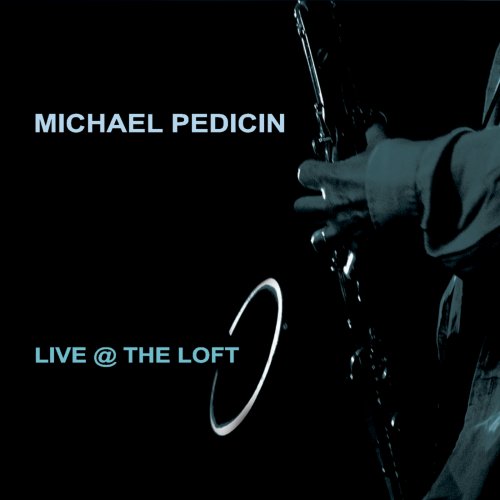
![Double Drums, Philipp Jungk & Alexander Glöggler - All You Can Beat (2026) [Hi-Res] Double Drums, Philipp Jungk & Alexander Glöggler - All You Can Beat (2026) [Hi-Res]](https://www.dibpic.com/uploads/posts/2026-02/1771946421_folder.jpg)
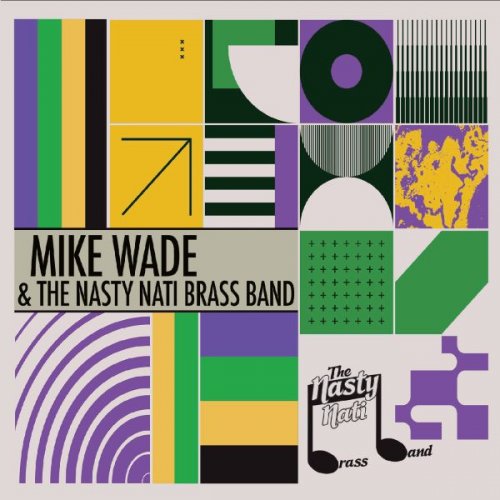
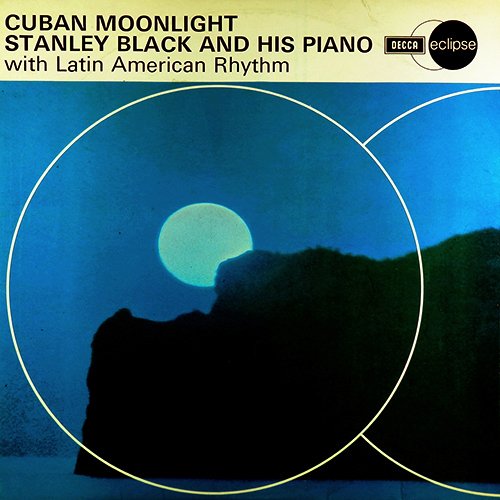

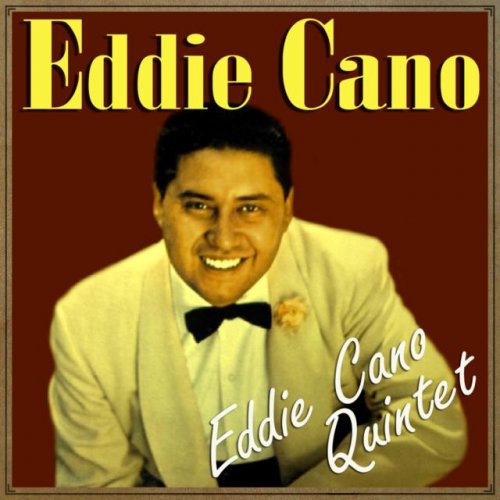
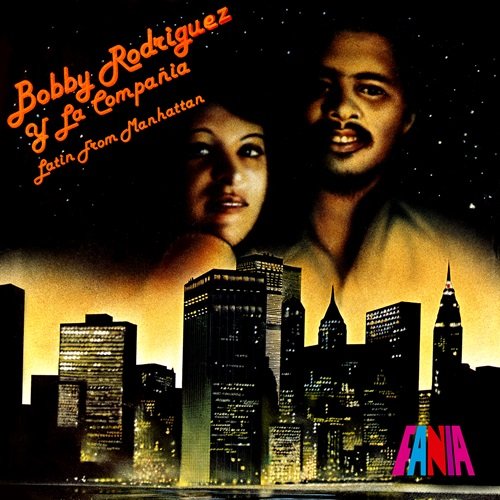
![Bob James, David Sanborn, Tsuyoshi Yamamoto, Susan Wong, Fourplay - The Best Of Evosound Audiophile (2024) [SACD] Bob James, David Sanborn, Tsuyoshi Yamamoto, Susan Wong, Fourplay - The Best Of Evosound Audiophile (2024) [SACD]](https://www.dibpic.com/uploads/posts/2026-02/1771744987_folder.jpg)